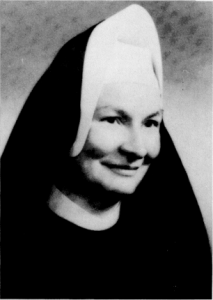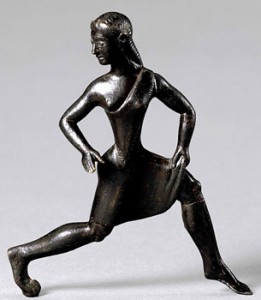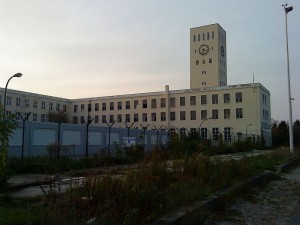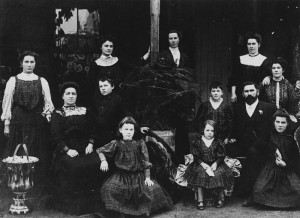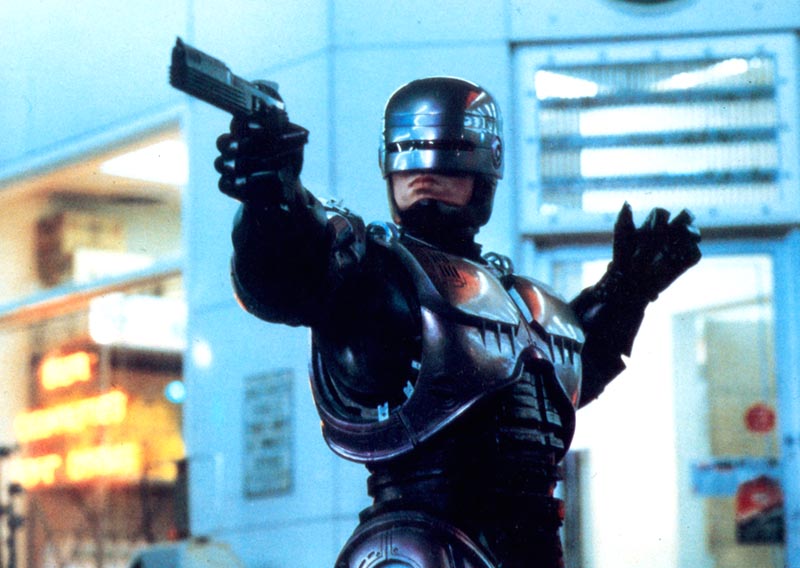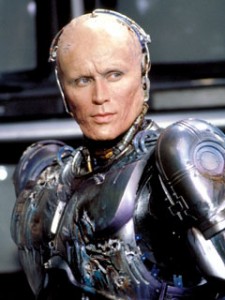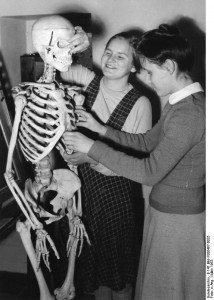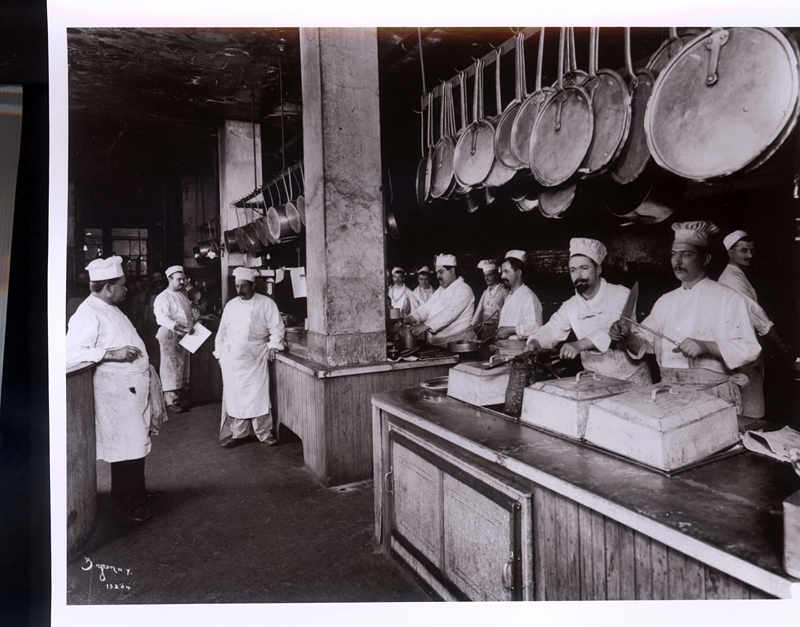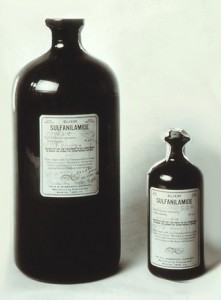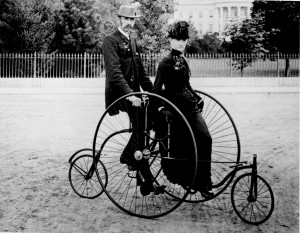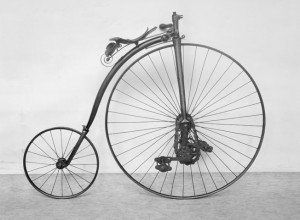
??????????
Lets Switch (Brooklyn)
Well! Here you are! Now that you have clicked on the link to this ad, and are slowly reading each word, one at a time, you are getting closer and closer to your new life. Exciting isn’t it? Tantalizing even. Perhaps you are wondering, “but what will happen to my life when I leave it?” No worries, mate! Your life will be in good hands; polished every so slightly for the whole world to silently envy. I will make the most of your life, and you will make the most of mine.
So, now I suppose it is time to tell you what treats lay ahead: 1. The body of a 20 year old, red-haired, slightly curvaceous, out of shape, woman. Too much cheese and broccoli makes her gassy, but don’t worry, every morning you will be surprised with a timely B.M. It’s like clockwork 2. Occasionally enjoys the carcass of dead, most likely breaded and fried chicken, but usually consumes veggies in all of their forms. Be warned, dairy can cause an over production of phlegm, and fried foods make her bloated. Keep an eye on the thighs. 3. You will be living in a two bedroom apartment in South Slope. Your bedroom will have a large closet, some plastic drawers, two shelves that have yet to be put up, and a twin bed. Sometimes the kitchen sink gurgles through the night. Sometimes mice will make friends with your hair in the morning. But hey! You still got the bathtub that doesn’t unclog! 4. Which brings us to our next chapter of your new life: friends. Well, they are few and far between. When deciding between old high school friends that smoke too much weed, or ones who spell things like, “D33z NuTz” you have readily chosen: your sister, your neighbor, Barefoot’s 7 dollar Cabernet Sauvignon, and Netflix. Don’t get too down: your an honors student who goes to school for free! 5. But hush, new soul mate, I know how enraptured you are to get started in your other-worldly experiences once you take over my life. But before we begin this transformation there are a few formalities. Please, have 800 dollars in cash upfront as to pay your months rent. Memorize the info on your fake I.D (I don’t want to come back with my body in jail, thank you very much) and expect to pay interest on the few hundred dollars I have on the few credit cards I own. Another helpful detail you will thank me for: don’t let my leg hair get too long, my legs start to get dry and itch like crazy. FInally the most important pointer, when a family member calls practice: agree, sigh, rhetorical “no way!”, repeat.
I think you are ready for the thrills that await you. Live in the now! Not the past or future. Be all you can be! Only, *you* will be me. And I will be *you*! Oh, I should have mentioned earlier, if you are balding, over 35, broke, have children, overweight, have no cable, live outside of the new york city area, own more than two cats, not rich, not famous, have an STD, have crazy roomates/ ex boyfriends, live in a walk-up, have a tail/webbed feet/other physical deformities, have less friends than I do, or finally, cannot control your bowels in public, I do not think this is relationship you should consider getting into.
Happy trading!:
